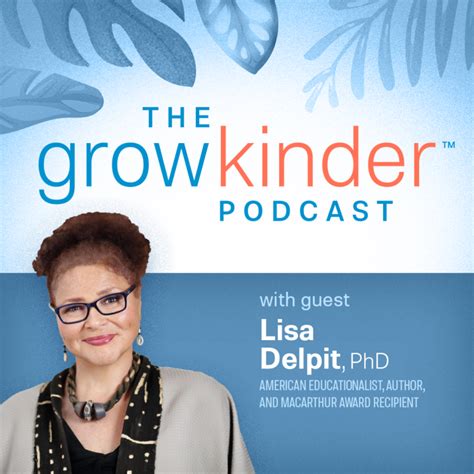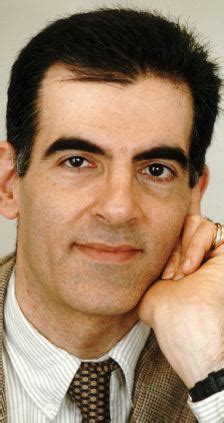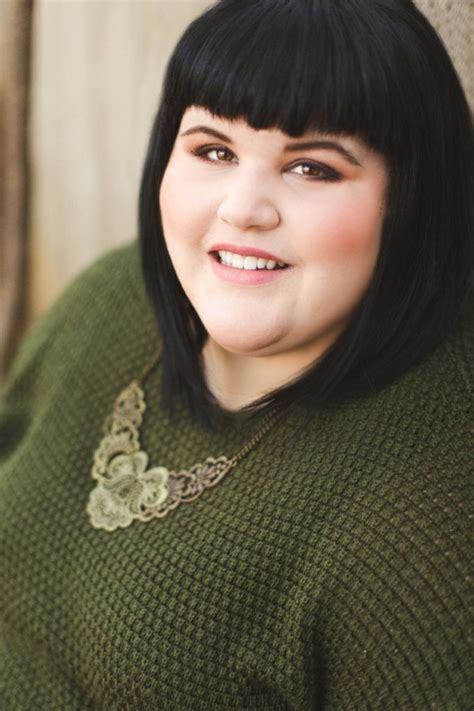A Quote by Robert Breault
Through faith we learn to believe the evidence of our eyes.
Related Quotes
But what, after all, is faith? It is a state of mind that leads people to believe something - it doesn't matter what - in the total absence of supporting evidence. If there were good supporting evidence then faith would be superfluous, for the evidence would compel us to believe it anyway. It is this that makes the often-parroted claim that 'evolution itself is a matter of faith' so silly. People believe in evolution not because they arbitrarily want to believe it but because of overwhelming, publicly available evidence.
The most important thing you can learn as CEO- one of the hardest things to do is, you have to discipline yourself to see your company... through the eyes of the people that you're working through. Through the eyes of the employees, through the eyes of your partners... through the eyes of the people who you're not talking to and who are not in the room.
We may define "faith" as the firm belief in something for which there is no evidence. Where there is evidence, no one speaks of "faith." We do not speak of faith that two and two are four or that the earth is round. We only speak of faith when we wish to substitute emotion for evidence. The substitution of emotion for evidence is apt to lead to strife, since different groups, substitute different emotions.
When we believe we are losing control, we grab on tight. When our greatest fear comes upon us, we clench our fist and teeth, close our eyes and hold on. We must learn how to let go. When the time comes for growth and change, we must have the courage and faith to let go. Whatever leaves my life makes room for something better.
In order to trust God, we must always view our adverse circumstances through the eyes of faith, not of sense. And just as the faith of salvation comes through hearing the message of the gospel (Romans 10:17), so the faith to trust God in adversity comes through the Word of God alone. It is only in the Scriptures that we find an adequate view of God's relationship to and involvement in our painful circumstances. It is only from the Scriptures, applied to our hearts by the Holy Spirit, that we receive the grace to trust God in adversity.
I believe in empathy. I believe in the kind of empathy that is created through imagination and through intimate, personal relationships. I am a writer and a teacher, so much of my time is spent interpreting stories and connecting to other individuals. It is the urge to know more about ourselves and others that creates empathy. Through imagination and our desire for rapport, we transcend our limitations, freshen our eyes, and are able to look at ourselves and the world through a new and alternative lens.
We do not really see through our eyes or hear through our ears, but through our beliefs. To put our beliefs on hold is to cease to exist as ourselves for a moment -- and that is not easy ... but it is the only way to learn what it might feel like to be someone else and the only way to start the dialogue.
But you must still know to respect other people's faith.'
'Why? We don't respect any other delusion. We lock up people who believe they're Christ, yet we're supposed to humour those who believe in him.'
'By definition, faith is irrational: a belief you hold against the normal rules of evidence.'
'In which case I believe in Jedi





































